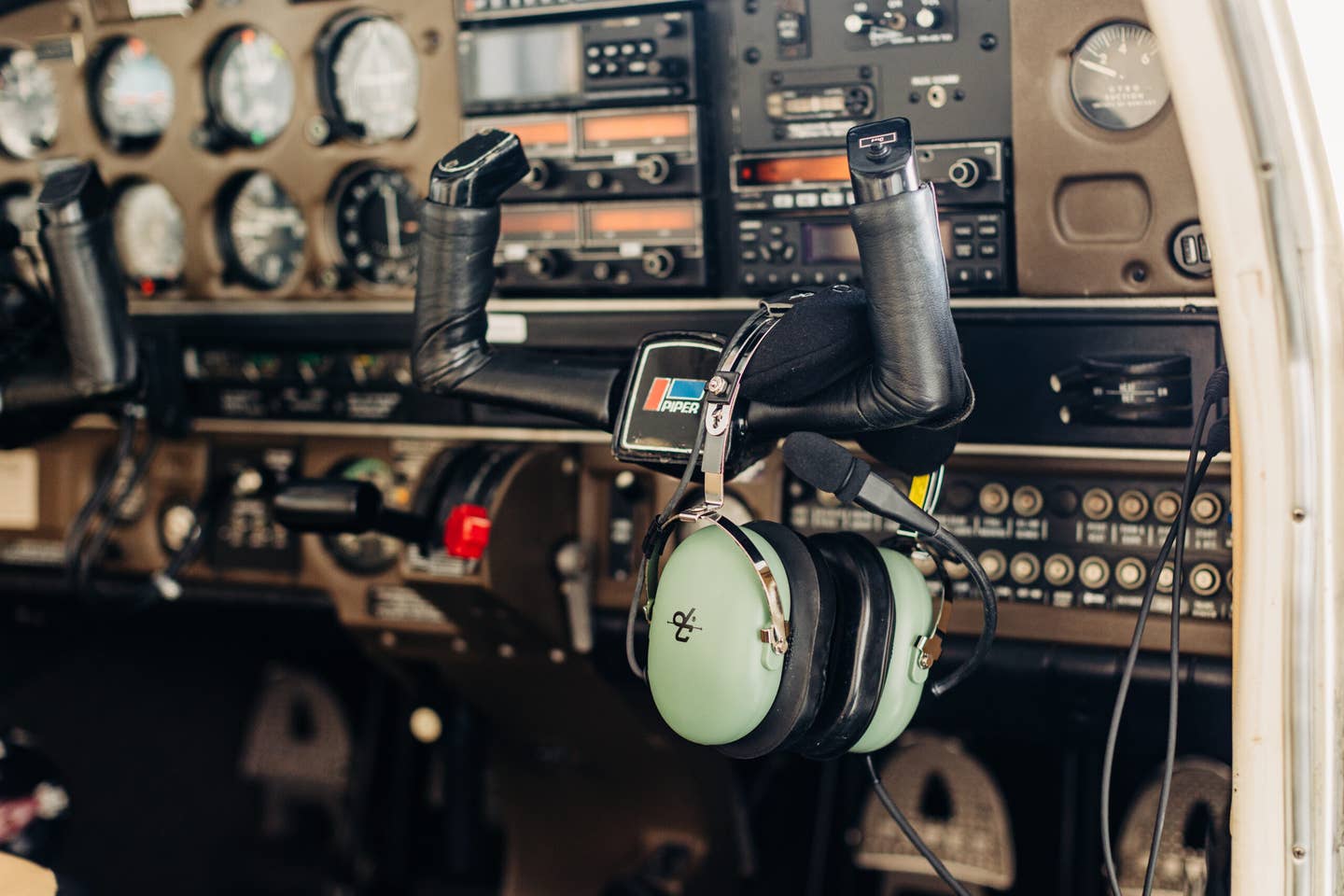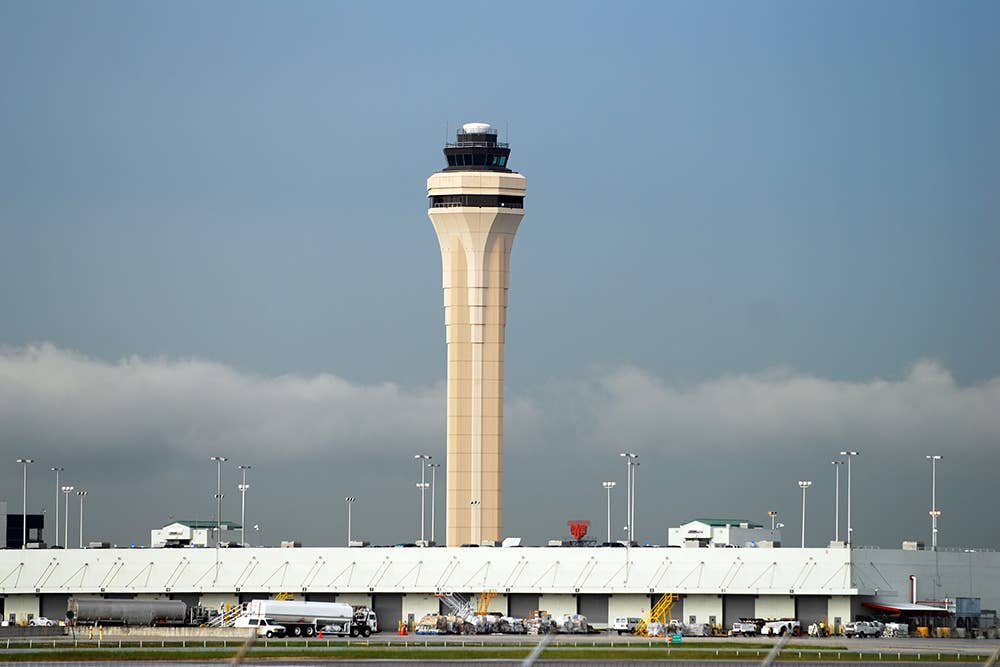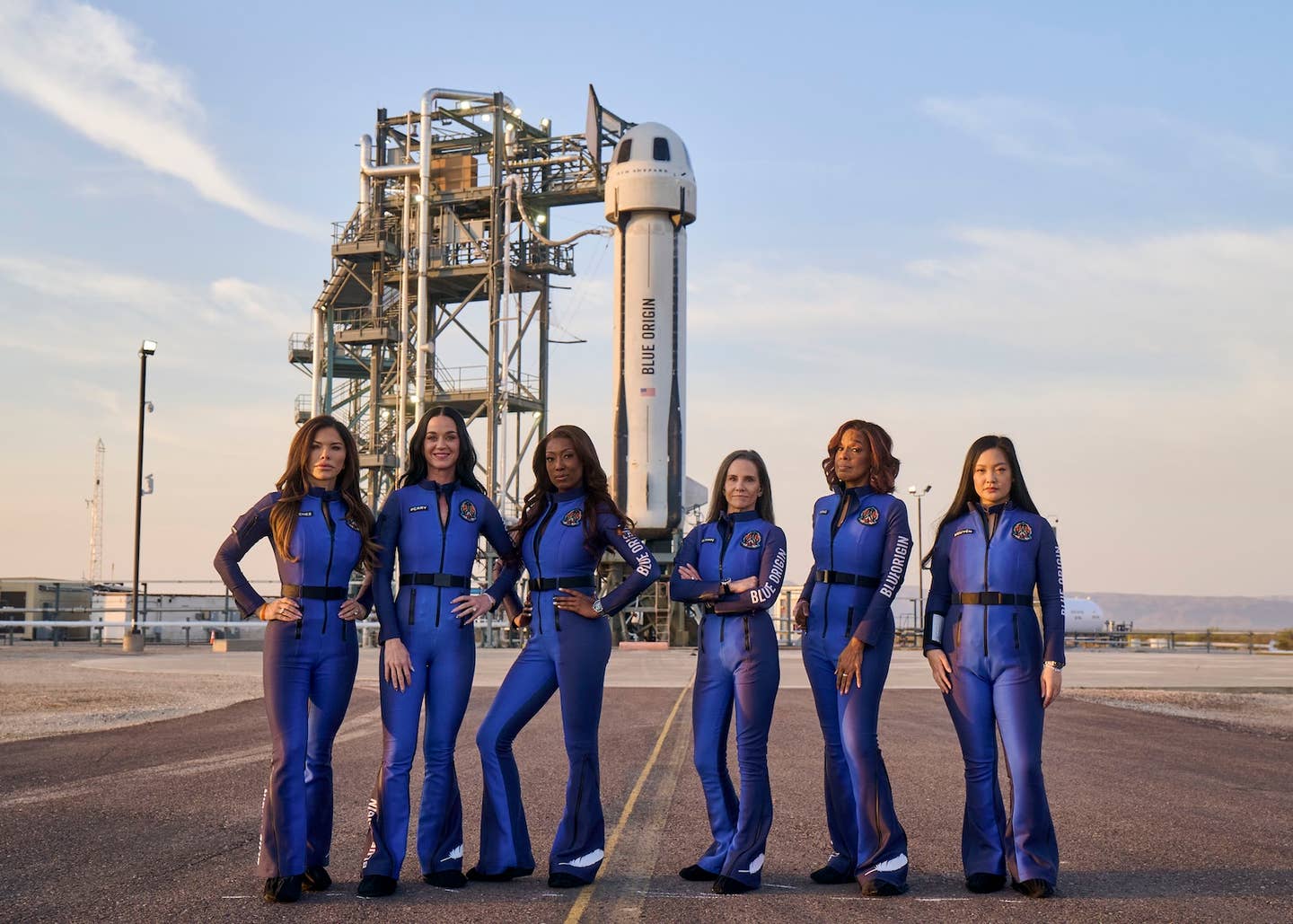Boeing’s Wisk Aero Steps Up LA Presence with Public Air Taxi Demos
The company said it was the first to complete public eVTOL flight demonstrations in Los Angeles County.

Wisk’s fifth-generation eVTOL air taxi takes flight. [Courtesy: Wisk Aero]
Los Angeles residents over the weekend got the city’s first glimpse of a new kind of aircraft that could soon become a mainstay in the area.
Electric vertical takeoff and landing (eVTOL) aircraft manufacturer Wisk Aero, a subsidiary of Boeing, on Monday said it became the first in the industry to conduct public demonstration flights of an electric air taxi in Los Angeles County.
Wisk landed in the City of Angels earlier this month, beginning private flight testing out of Long Beach Airport (KLGB) with its fifth-generation eVTOL, also known as Cora. The tests allowed the firm to evaluate autonomous flight operations in a real-world commercial environment, right beside other passenger aircraft.
The flight program was capped off with a public, multitransition demonstration during the airport’s Festival of Flight on Saturday. The one-day event was free and open to the public.
“I am proud to see the future of flight becoming a reality in Long Beach,” said Rex Richardson, the city’s mayor. “Long Beach has been a leader in aviation for decades, and those careers helped build and sustain the middle class here for generations. I am looking forward to working with Wisk and Boeing to create good jobs and integrating a safe, quiet, and environmentally responsible transportation option in Long Beach.”
Unlike its core rivals (with the exception of China’s EHang), Wisk is looking to fly without onboard pilots from the jump, instead relying upon a combination of autonomy and human oversight. It’s also the exclusive provider of autonomy technology for Archer Aviation following the settlement of a prolonged legal battle between the two manufacturers.
As part of that agreement, Boeing contributed to a $215 million investment in Archer, which also included partners Stellantis and United Airlines.
Per Monday’s announcement, Wisk has now completed more than 1,700 test flights. Those include another public demonstration of Cora at EAA AirVenture in Oshkosh, Wisconsin, which the company said was the world’s first for an autonomous, fixed-wing eVTOL. EHang in 2020 made a public flight in South Korea, but its EH216-S is not a fixed-wing design.
Wisk also displayed its four-seat Gen 6 design for VIPs on Capitol Hill during the U.S. Chamber of Commerce Global Aerospace Summit in Washington, D.C., last month. But it did not take flight.
Over the weekend, company representatives met with Mayor Richardson, Los Angeles area officials, and leadership from Boeing—which became Wisk’s sole owner in June—to discuss the future of advanced air mobility (AAM) services in the area.
“Autonomous flight is possible today, and it’s happening now in LA,” said Brian Yutko, CEO of Wisk. “Los Angeles is a target launch city for many in our industry and we are extremely proud to be the first air taxi company to fly in LA—and to have done so with an autonomous aircraft. We are fortunate to have the partnership and support of Boeing throughout the area to help build relationships and advance our mission.”
A Crowded Market?
Though it will not necessarily launch in Los Angeles, Wisk in 2022 formed an alliance with the Long Beach Economic Partnership (LBEP) to evaluate how autonomous electric air taxis, expected to be part of a broader regional network, might impact the local economy.
The partners are also assessing local residents’ willingness to use eVTOL aircraft for short-hop flights over the city’s congested streets. One of the most traffic-heavy metros in North America, Los Angeles is quickly becoming a hot spot for electric air taxis, with Archer, Germany’s Volocopter, and Hyundai subsidiary Supernal all having worked with Urban Movement Labs—an LA government-community transportation partnership—for several years. A fourth firm, Overair, signed a deal with UML in 2022.
By the time Los Angeles hosts the 2028 Olympic Games, the FAA hopes to have enabled U.S. AAM operations at scale, as laid out in its Innovate28 plan. The city itself also anticipates robust operations by then—Joby Aviation, in partnership with Delta Airlines, is expected to be one of the early entrants.
Supernal is also eyeing the LA market, and competition could heat up further with the potential entry of Archer and United. A partnership between the two calls for the airline’s acquisition of up to 200 Midnight eVTOLs to fly passengers to United hub airports—Los Angeles International Airport (KLAX) is one of them.
California in general is something of a hub for eVTOL firms, with Wisk (Mountain View), Joby (Santa Cruz), and Archer (San Jose) all setting up headquarters in the Bay Area. Overair is based in the Los Angeles suburb of Santa Ana with flight testing facilities in nearby Victorville. Supernal, based in D.C., has a research and development facility in nearby Fremont, as well as an engineering headquarters close to Los Angeles in Irvine. Both Joby and Archer have conducted flight testing in the state for years.
In addition, Joby, Overair and several of the aforementioned manufacturers played a pivotal role in the formation of a dedicated AAM advisory committee for the state with the passage of California SB 800, which was signed into law by Governor Gavin Newsom earlier this month. Many of them expect to fly during the 2028 Olympic Games.
Why Los Angeles?
Wisk recently sponsored research, conducted by California State University at Long Beach, which found that the operation of a 20-vertiport network spanning the Greater Los Angeles-Orange County area could generate $2 million in economic output for every $1 million of initial expenditure.
More specifically, researchers estimated such a network would create 943 jobs, deliver more than $90 million in labor income, and generate about $173 million in expenditures annually. Construction of the network alone could add more than 2,100 jobs and churn out more than $420 million in economic output, they approximated.
Supernal, meanwhile, is working with the National Renewable Energy Laboratory—within the U.S. Department of Energy—to explore the feasibility, challenges, and opportunities for AAM operations in the Los Angeles area, including the necessary infrastructure.
Besides the potential economic impact and the opportunity to eliminate traffic, LA is viewed by many manufacturers as a promising market for eVTOL aircraft for several reasons.
The city regularly scores an “F” in regard to managing air pollution, which zero-emissions vehicles such as eVTOL aircraft could mitigate. Weather conditions—often clear and sunny outside of the “June Gloom” period each summer—are also ideal for initial AAM operations. And historically, California has been a bastion for environmentally friendly tech, which could raise consumer confidence in the novel aircraft.
Los Angeles may also have a leg up on other U.S. cities when it comes to AAM infrastructure. A 2021 Georgia Tech University survey, published by the American Institute of Aeronautics and Astronautics, suggested six local airports (including Long Beach Airport and LAX) as potential waypoints for eVTOL passengers.
Additionally, infrastructure in downtown Los Angeles, such as rooftops, “could potentially be converted to vertiports,” the survey noted. Archer and Joby in 2021 each announced Los Angeles as a launch city for their respective vertiport networks. Both are working with parking garage operator Reef to convert parking garage roofs into eVTOL landing pads.
Wisk, too, will need to construct its own vertiports, enlist a partner to build them, or form agreements with airports or FBOs to allow vertical takeoffs and landings. The Boeing subsidiary does not have a firm commercial launch date but has said its Gen 6 model will enter service before the end of the decade.
Like this story? We think you'll also like the Future of FLYING newsletter sent every Thursday afternoon. Sign up now.

Sign-up for newsletters & special offers!
Get the latest FLYING stories & special offers delivered directly to your inbox






